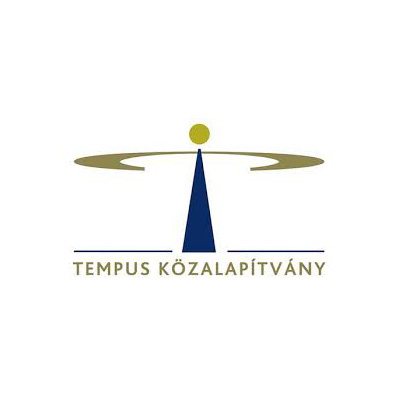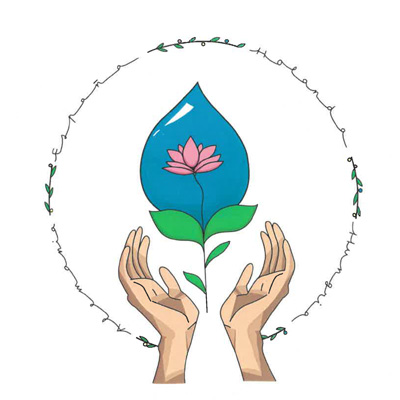Erasmus history of Orchidea School, objectives and results
Orchidea School has been actively participating in the Europan Union’s Erasmus projects since 2017. After the realization of several KA1 projects (learning mobility of individuals) and a strategic partnership (KA2) project in 2021, our school successfully applied for Erasmus + Accreditation, receiving a grant continuously for the entire duration of the period 2021-2027. The accreditation opened the way again for about 100 students and the same number of teachers to participate in different mobilities abroad.
In the past three years in the frame of our Erasmus strategic partnership (KA229) project 24 Orchidea students visited the partner schools in Alphen aan den Rijn, the Netherlands, Dortmund, Germany and Córdoba, Spain, while another 30 students were involved in our KA122 student exchange project to Córdoba and Jettingen, Germany. In the meantime, more than 40 colleagues participated in teacher trainings, job shadowings and professional visits taking place in different countries of the EU, eg. Croatia, Spain, Ireland, the United Kingdom, Iceland and Finland. A new type of mobility, the long-term student exchange is available under the accreditation budget for Orchidea students who demonstrate a high level of academic achievement, meaning a six week long stay in our Spanish, German or Dutch partner schools.
During the above-mentioned mobilities all costs of living, travelling, accommodation and training, are covered by the Erasmus funds, meaning that they are completely free of charge for participants.
Student exchanges are carried out in „host family system”, providing two main advantages: there is no accommodation fee, but even more importantly children involved in the family life of their hosts experience at first-hand cultural differences and use the language very intensively.
Keeping in contact with European partner schools, staying in different cultural environments for a shorter or longer period of time not only enriches students’ subject knowledge and language skills, but also is an important contributor to their social development, teaching them to respect European values, helping them to become open-minded, cooperative and communicative personalities.
Erasmus Accreditation Activities 2022-2027:
Staff mobility:
- Job shadowing (2 to 60 days)
- Teaching assignments (2 to 365 days)
- Courses and training (2 to 30 days, maximum 10 days of course fee per participant)
Learner mobility:
- Group mobility of school pupils (2 to 30 days, at least two pupils per group)
- Short-term learning mobility of pupils (10 to 29 days)
- Long-term learning mobility of pupils (30 to 365 days)
Other supported activities:
- Invited experts (2 to 60 days)
- Hosting teachers and educators in training (10 to 365 days)
- Preparatory visits
Participating countries:
The following countries can fully take part in all the Actions of the Erasmus+ Programme:
Member States of the European Union (EU)1
Belgium, Bulgaria, Czechia, Denmark, Germany, Estonia, Ireland, Greece, Spain, France, Croatia, Italy, Cyprus, Latvia, Lithuania, Luxembourg, Hungary, Malta, Netherlands, Austria, Poland, Portugal, Romania, Slovenia, Slovakia, Finland, Sweden
Third countries associated with the Programme:
North Macedonia, Serbia, Iceland, Liechtenstein, Norway, Turkey


